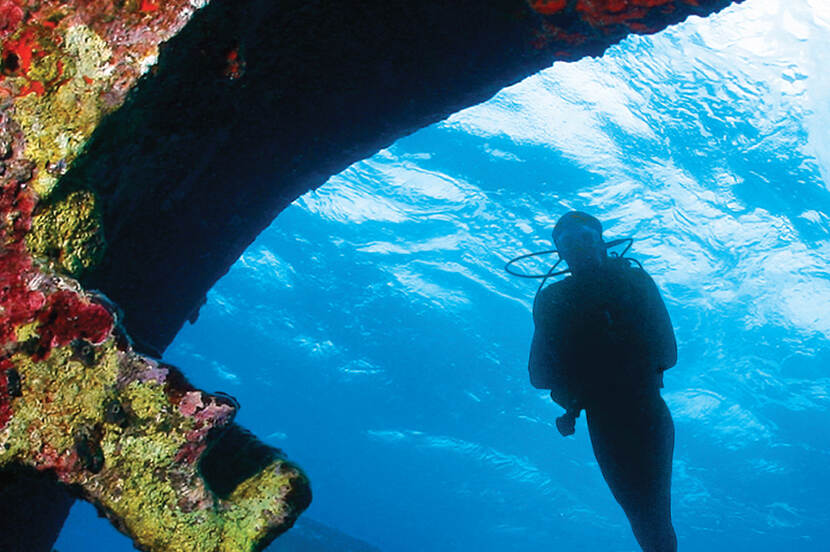RCE and UNESCO present training manual for underwater cultural heritage in Latin America and the Caribbean
In 2001, the UNESCO convention on the Protection of Underwater Cultural Heritage was adopted to support states in the research, management and protection of underwater cultural heritage. In order to endorse the quality standards added as an annex to the Convention and to build capacity in the field, the Cultural Heritage Agency of the Netherlands (RCE) and UNESCO have offered regional courses worldwide in the management and protection of underwater cultural heritage. The UNESCO training manual for the Protection of the Underwater Cultural Heritage in Latin America and the Caribbean (2021) is a result of these trainings and an aid for future ones.

From the Asia-Pacific region to Latin-America and the Caribbean
In 2012, the first UNESCO training manual for the Protection of Underwater Cultural Heritage was published which focused on Asia and the Pacific region. The manual formed the base for various regional courses, in among others Thailand and Vietnam.
This newest manual, focusing on Latin-America and the Caribbean, is a complete revision of the earlier manual with information on recently developed techniques. It contains teaching material developed by various international experts and discusses management of underwater cultural heritage, data storage, knowledge exchange, in situ protection, excavation and conservation of surfaced objects. This material is accessible through the websites of the RCE and UNESCO.
Training the next generation of maritime archaeologists
One of the main goals of the International Programme for Maritime Heritage of the RCE, that funded the manual, is to enable training of future maritime heritage professionals and archaeologists worldwide. In order to protect underwater cultural heritage from threats such as natural erosion and illegal salvaging, it is important to share knowledge and ensure capacity building. Earlier trainings have proved to be successful: the majority of people who participated in a regional UNESCO course are still active in underwater cultural heritage management. Through this manual the International Programme for Maritime Heritage aspires to increase knowledge of the protection of underwater cultural heritage and strengthen collaboration in underwater cultural heritage management on a regional level and on a global scale.
The Caribbean area is of particular interest for the Netherlands because the Dutch Islands Curacao, Saba, St. Eustatius, Bonaire, St. Maarten and Aruba are all situated there. The UNESCO convention on the Protection of the Underwater Cultural Heritage is scheduled to be ratified in the entire kingdom of the Netherlands in 2022, which makes training and knowledge exchange within the Netherlands territory a high priority.
Water connects: a metaphor emphasizing the need for all archaeologists and underwater cultural heritage managers around the world to do the same. Working closely together is essential for managing and protecting our underwater cultural heritage for the future, for this generation and the next.